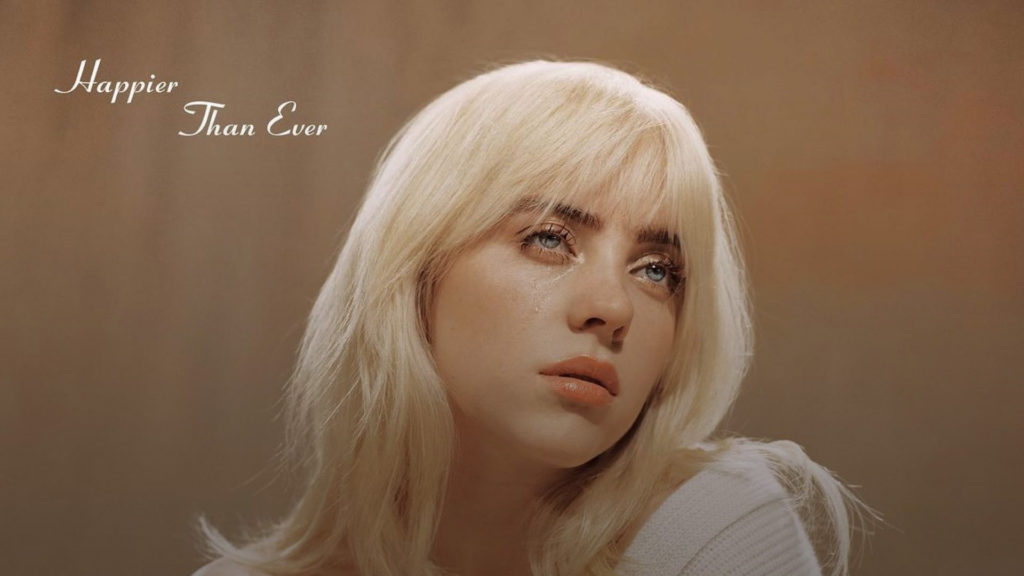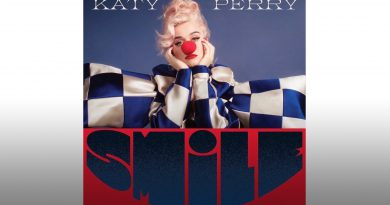Billie Eilish Faces Trauma And Fears In Her Latest Album, Happier Than Ever
Billie Eilish is no stranger to rebranding.
The pop star, who’s known for her urban, baggy outfits and edgy music persona, ditched that and her iconic green and black hair this year.
She is embracing a new, bold and successful persona in her sophomore album, Happier Than Ever, released on July 30.
The album was first teased in the Feb. 2021 documentary, The World’s a Little Blurry.
Shortly afterward, billboards appeared in different locations that revealed the album’s title and release date.

Despite the title of the album and its moments of well-earned cockiness, it is a project full of grief and longing.
The 16-track album opens with Getting Older, where Eilish covers various sensitive subjects that she has experienced while growing up in the industry including stalkers, a growing sense of responsibility, personal revelations, and past trauma.
OverHeated, directly references her experiences with body shaming after paparazzi shot photos of her in a tank top.
In Billie Bossa Nova, Eilish discusses dodging the paparazzi and using fake aliases at hotels in an effort to keep her and her lover’s identity private.
Your Power, is the third single off the album and recounts an abusive relationship and how it affected her.
Not My Responsibility, addresses the public discussion around Eilish’s body image and the way the public decides her worth based on her body.
In March of 2020, she debuted the phrase, “Not My Responsibility,” in a video interlude on her Where Do We Go? World Tour. The short film featured Eilish shedding layers of clothing in slow-motion.
The objectification of women has always been an issue in the entertainment industry, but is particularly pertinent considering Eilish was a minor when she started to become famous.
She has always made a point of choosing deliberately baggy clothing to turn the discussion away from her body image.
Now opening a new chapter in her career, the 19-year-old appears ready to engage in the discussion of taking full control of her body.
On NDA, Eilish details her struggles with fame, particularly the trials she has to face to keep romances under the radar by having those around her sign non-disclosure agreements (NDA).
As the track progresses, Eilish can’t help but wish her life were different and didn’t require her to navigate the obstacles she faces.
In My Future, Eilish reflects on her past and her future, and her change in style from a more melancholic sound, toward a happier, more optimistic one.
Happier Than Ever closes with Male Fantasy. This melancholy ballad is a reflection on a recent heartbreak.
The “Male Fantasy” is a common trope in which the entertainment industry is said to be dominated by straight, white men, and thus most of the media we consume is produced through that lens.
There is a growing critique of how much media is engineered to “appeal to the male fantasy,” leaving women to be objectified or marginalized in the cultural narrative.
Eilish opens the song with a reference to the ‘male fantasy’ to highlight the difference between real and fake love.
Throughout her voice in the album, we feel what she feels.
Happier Than Ever, is by far the most personal and honest Eilish has gotten in her music and serves as a way of setting her ground in the music industry.




